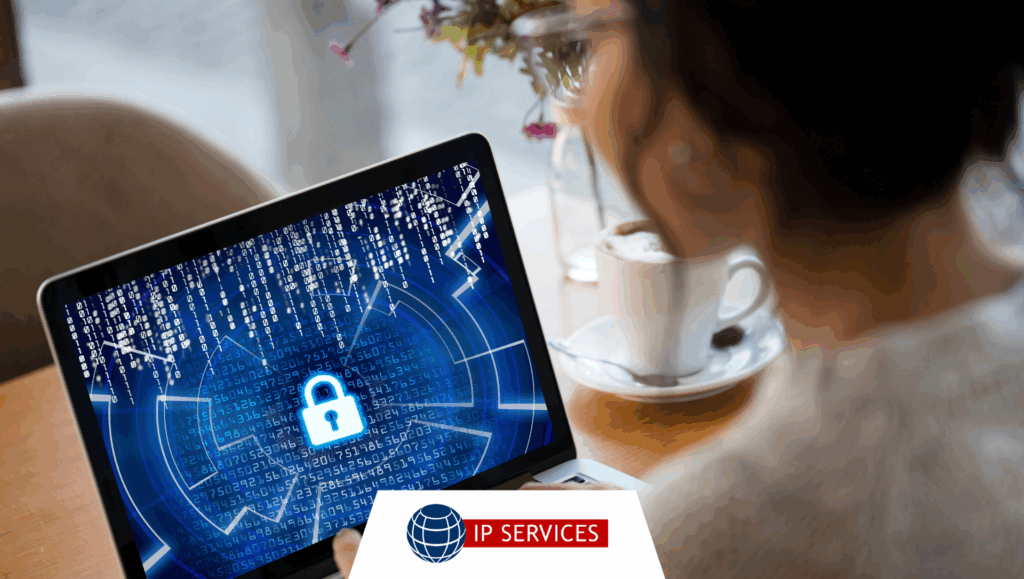
Why Zero Trust is Your Best Defense in Today’s Cybersecurity War
Cybersecurity isn’t an abstract IT concern anymore. It’s an everyday business issue that can determine whether a company survives or fails. In his recent appearance on the Digital Social Hour with Sean Kelly, cybersecurity expert Scott Alldridge explained why the
“assume breach” mindset is no longer optional—it’s essential.
The Rise of Ransomware-as-a-Service
One of the more shocking realities Scott highlighted is the growth of ransomware “franchises.” For as little as a few hundred dollars, would-be hackers can purchase a kit on the dark web that comes complete with tools, training, and even a help desk. These groups operate like businesses, complete with call centers to negotiate ransom payments.
The takeaway? Cybercrime is more organized, more accessible, and more profitable than ever before.
Small Businesses Are Prime Targets
It’s not just large corporations that need to worry. Small and mid-sized businesses are increasingly in the crosshairs. Hackers know that smaller organizations often lack advanced defenses, yet they still hold valuable data. A single compromised password or unpatched system can lead to catastrophic downtime and financial loss.
Scott notes that as much as 40% of small businesses that suffer a major cyber incident don’t survive beyond a year. The threat is real—and it’s growing.
Zero Trust: Assume Breach
So how can businesses protect themselves? Scott emphasizes the importance of adopting Zero Trust, a framework built on one critical idea: assume breach. Instead of trusting networks, devices, or users by default, Zero Trust requires verification at every step.
This approach includes:
- Strong, adaptive multi-factor authentication (beyond SMS codes)
- Immutable backups stored off-network
- Endpoint detection and response (EDR) tools for every device
- Continuous monitoring and change management practices
It’s about layers of defense, not a single silver-bullet tool.
The AI and Quantum Threats
Looking ahead, attackers are harnessing AI to launch more convincing phishing campaigns and deep fake scams. At the same time, the rise of quantum computing could eventually render today’s encryption standards obsolete. Hackers are already collecting encrypted data now, waiting for the day when they can decrypt it with quantum-powered tools.
This makes staying ahead of the curve not just smart, but necessary.
What Leaders Need to Know
Cybersecurity isn’t just an IT problem—it’s a business problem. Boards, executives, and business owners must take responsibility for ensuring their organizations have the right protections in place. That means investing in security now, not waiting until after a breach.
The bad actors are winning today. But with the right mindset and preparation, businesses can shift the balance.
You can watch the full conversation here: “Sean Kelly: Digital Social Hour with Scott Alldridge”
